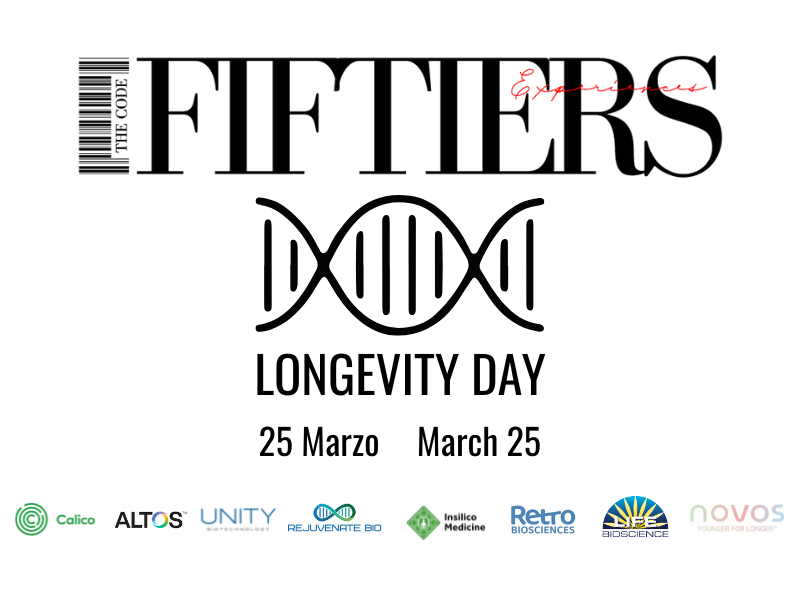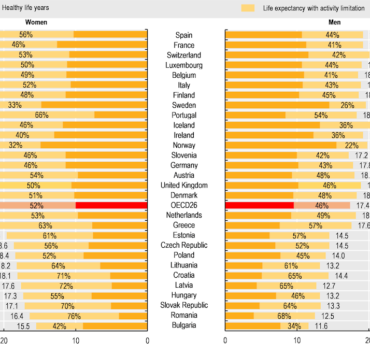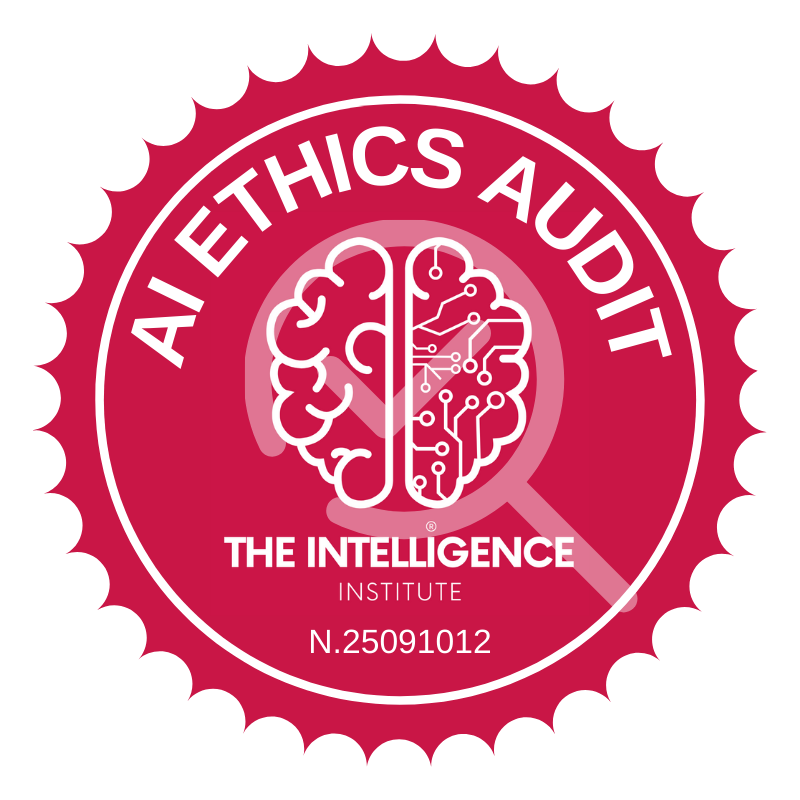Early Alzheimer’s Detection at Zero Cost: A Breakthrough from Indiana University

FIFTIERS | Life Begins at 50. La vida comienza a…
A study published on November 10, 2025, in JAMA Network Open has shown that Alzheimer’s disease can be detected earlier and more accurately—without increasing doctors’ workload. Conducted by Indiana University and the Regenstrief Institute, the research combined a short self-assessment tool—the Quick Dementia Rating System (QDRS)—with a passive digital marker embedded in patients’ electronic health records (EHR).
The results are remarkable: a 31 % increase in new diagnoses of Alzheimer’s and related dementias compared to standard care, without requiring additional clinician time or financial resources.
This approach leverages existing data within health systems. Patients complete the QDRS, a simple questionnaire that takes only a few minutes, while the passive digital marker automatically scans medical records for subtle patterns indicating early cognitive decline.
“This combination provides a practical and sustainable pathway for detecting dementia earlier—when intervention and care planning can make a real difference,” the study authors noted. Described as a “zero-cost” innovation, the model could be easily adopted by hospitals and primary care networks worldwide.
Early detection not only improves treatment options and family support but also helps reduce the societal and economic burden of neurodegenerative diseases. As the population ages, combining human insight with intelligent digital tools will be essential to preserving autonomy and quality of life for millions.
Source: Indiana University / JAMA Network Open (November 2025)
Discover more from FIFTIERS
Subscribe to get the latest posts sent to your email.














